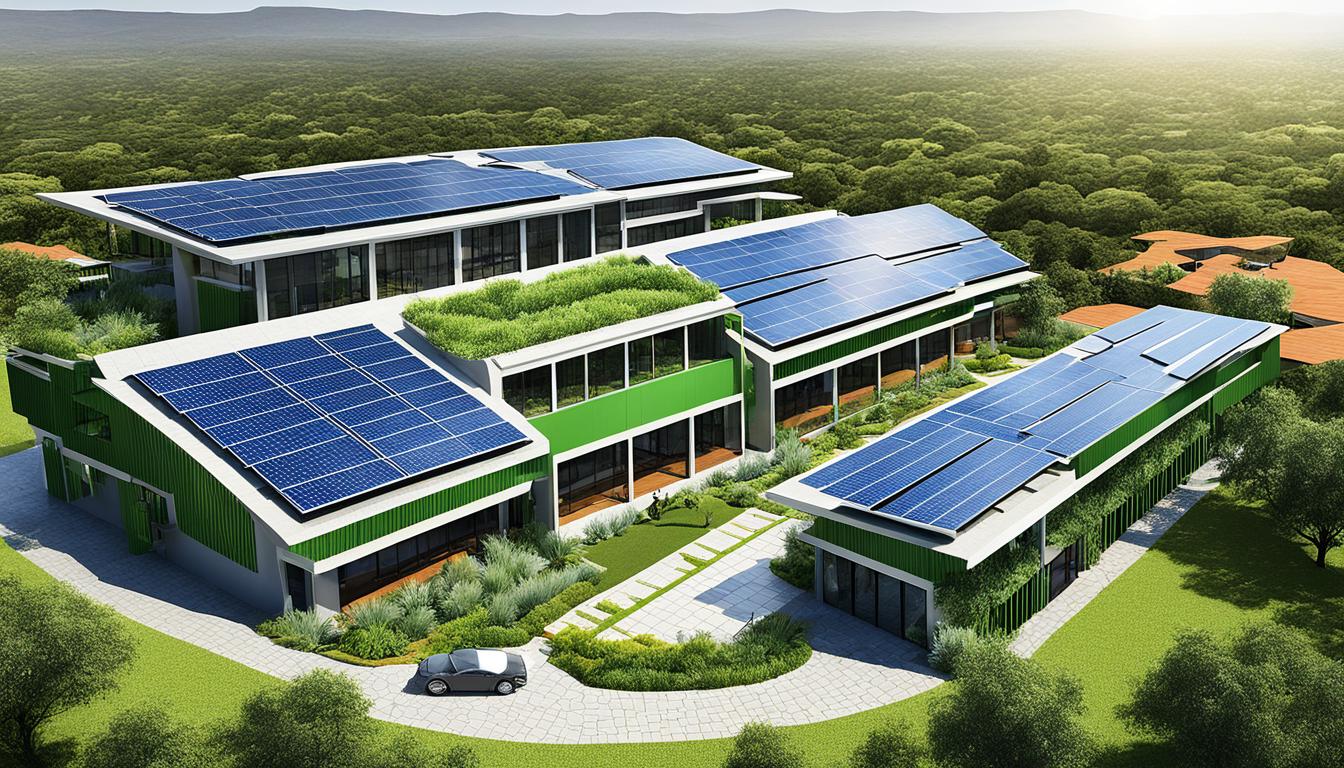The role of the compressor in an HVAC system is crucial for its effective functioning. When people consider HVAC systems, they often think about the heating and cooling components. However, understanding what is the purpose of the compressor in an HVAC system is essential for homeowners and real estate developers looking to ensure optimal operation and energy efficiency.

The Heart of the HVAC System
The compressor is often referred to as the heart of the HVAC system. It plays a significant role in maintaining indoor comfort by compressing the refrigerant and circulating it through the system. The purpose of the compressor in an HVAC system is to increase the pressure and temperature of the refrigerant, allowing it to flow through the coils efficiently.
How the Compressor Works
The compressor takes in low-pressure refrigerant gas from the indoor evaporator coils. It then compresses the gas, converting it into a high-pressure, high-temperature gas. This transformation is pivotal because it allows the refrigerant to release the heat it absorbed from indoors to the outside air. This cycle, repeated constantly, ensures effective climate control within a building.
Energy Efficiency and the Compressor
For many homeowners, energy efficiency is a priority when selecting an HVAC system. The efficiency of the compressor directly impacts the overall energy use of the HVAC system. A well-functioning compressor ensures that the system operates effectively without excessive energy consumption. Regular maintenance, such as cleaning air ducts (relevant link), can further enhance performance and reduce energy costs.
Different Types of Compressors
There are several types of compressors used in HVAC systems. Each type has its unique features and benefits:
- Reciprocating Compressors: These are the most common type, using pistons to compress the refrigerant.
- Scroll Compressors: Known for their efficiency and quieter operation.
- Screw Compressors: Often used in larger commercial HVAC systems for their ability to handle significant loads.
- Rotary Compressors: Ideal for smaller spaces and systems due to their compact size.
Importance of Regular Maintenance
The compressor’s efficiency can deteriorate over time without proper maintenance. By implementing regular check-ups and considering renovations with recycled building materials (relevant link), homeowners can ensure that their HVAC systems run smoothly and sustainably.
Signs of a Failing Compressor
Recognizing the signs of a failing compressor can prevent costly repairs and maintain energy efficiency. Common signs include unusual noises, increased energy bills, and uneven cooling or heating. If any of these issues arise, it’s important to consult with a professional to diagnose and solve the problem.
Environmental Impacts and Benefits
Energy-efficient compressors not only reduce costs but also have positive environmental impacts. By using systems that are designed to minimize energy loss, homeowners contribute to reducing greenhouse gas emissions. Choosing eco-friendly HVAC solutions, like those discussed in low-impact techniques (relevant link), further benefits the environment.
The Future of Compressor Technology
Technological advancements continue to shape the HVAC industry. Innovations in compressor technology are resulting in quieter, more efficient systems that align with the needs of modern homes and buildings. Technology plays a pivotal role in the development of these systems, ensuring they meet future energy standards and provide superior comfort.
Choosing the Right Compressor
When selecting an HVAC system, factors like size, efficiency, and climate requirements must be considered. By doing so, you can ensure that the compressor meets your needs and supports the system’s overall functionality. It’s beneficial to consult with experts to make informed decisions.
Conclusion
Understanding what is the purpose of the compressor in an HVAC system provides insight into how these systems function and the critical role they play in maintaining comfort and efficiency in homes and buildings. With advancements in technology, the future looks promising for both homeowners and those in the real estate industry.

FAQs
- How does the size of a compressor affect HVAC performance? The size of the compressor must match the HVAC system to ensure efficiency. A mismatch can lead to higher energy costs and reduced comfort levels.
- What maintenance is required for a compressor? Regular inspections, refrigerant checks, and cleaning are essential for compressor maintenance. These steps ensure optimal performance and longevity.
- Can a failing compressor affect indoor air quality? Yes, a failing compressor can lead to poor ventilation and reduced air circulation, impacting indoor air quality and comfort.
As an Amazon Associate, I earn from qualifying purchases.




